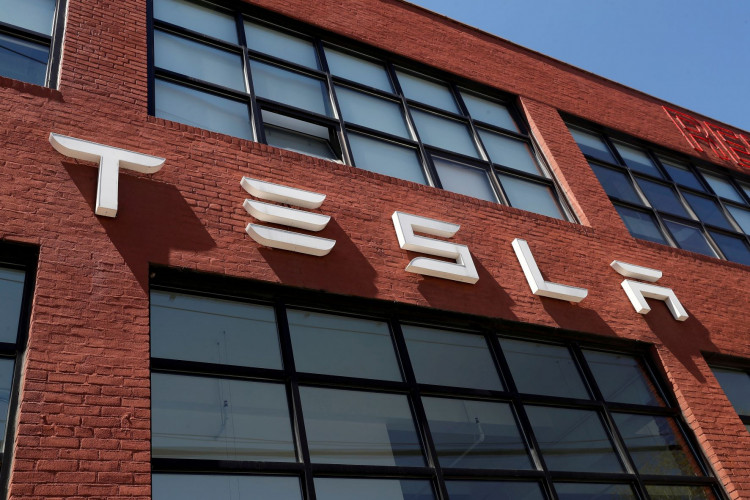In January, Tesla managed to sell only one electric vehicle in South Korea, marking its worst sales month in the country since July 2022, when it failed to sell any vehicles. The sole vehicle sold was a Tesla Model Y, which had been South Korea's best-selling imported car in September of the previous year.
The sales downturn wasn't exclusive to Tesla; the entire electric vehicle market in South Korea was affected. Reports indicate that the number of new electric vehicle registrations in South Korea plummeted by 80% in January compared to the previous month.
Several factors contributed to this decline, including rising interest rates and high inflation, which forced consumers to curb their spending. Concerns about battery fires and the lack of fast chargers also dampened demand for electric vehicles.
Following incidents of electric vehicle battery explosions in 2022, consumer concerns about battery safety have persisted. A survey conducted by the Korea Transportation Safety Authority in November last year found that about half of electric vehicle owners cited fire as their top safety concern.
Moreover, South Korea faces a significant shortage of electric vehicle fast-charging infrastructure. According to the International Energy Agency, approximately 90% of public chargers in South Korea are slow chargers.
Tesla has not immediately responded to requests for comment on the sales figures. However, a spokesperson for the company attributed the poor sales to consumers waiting for the government to introduce subsidy policies and noted that sales in South Korea are typically slow in January.
This news adds to the challenges Tesla faces in 2024.
After undergoing two recalls and a production halt at its German factory, Tesla's stock has fallen by 22% year-to-date, making it one of the worst performers in the S&P 500 index.
Meanwhile, Tesla's market value has shrunk from $754 billion on January 5 to $589 billion, putting Elon Musk's status as the world's wealthiest individual at risk.






